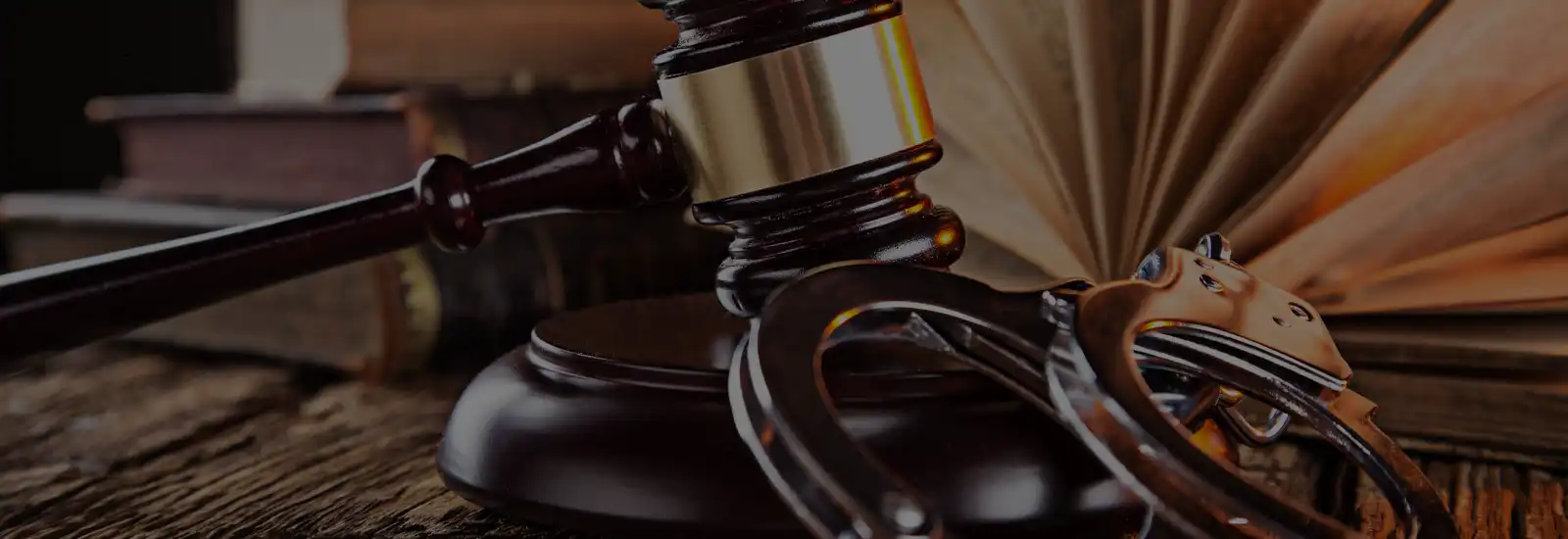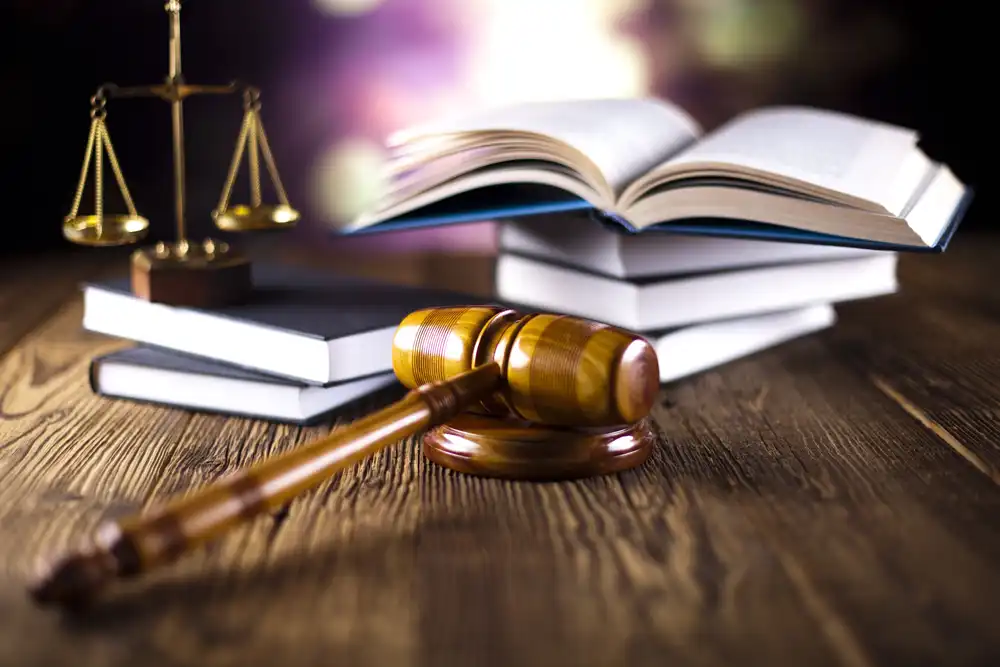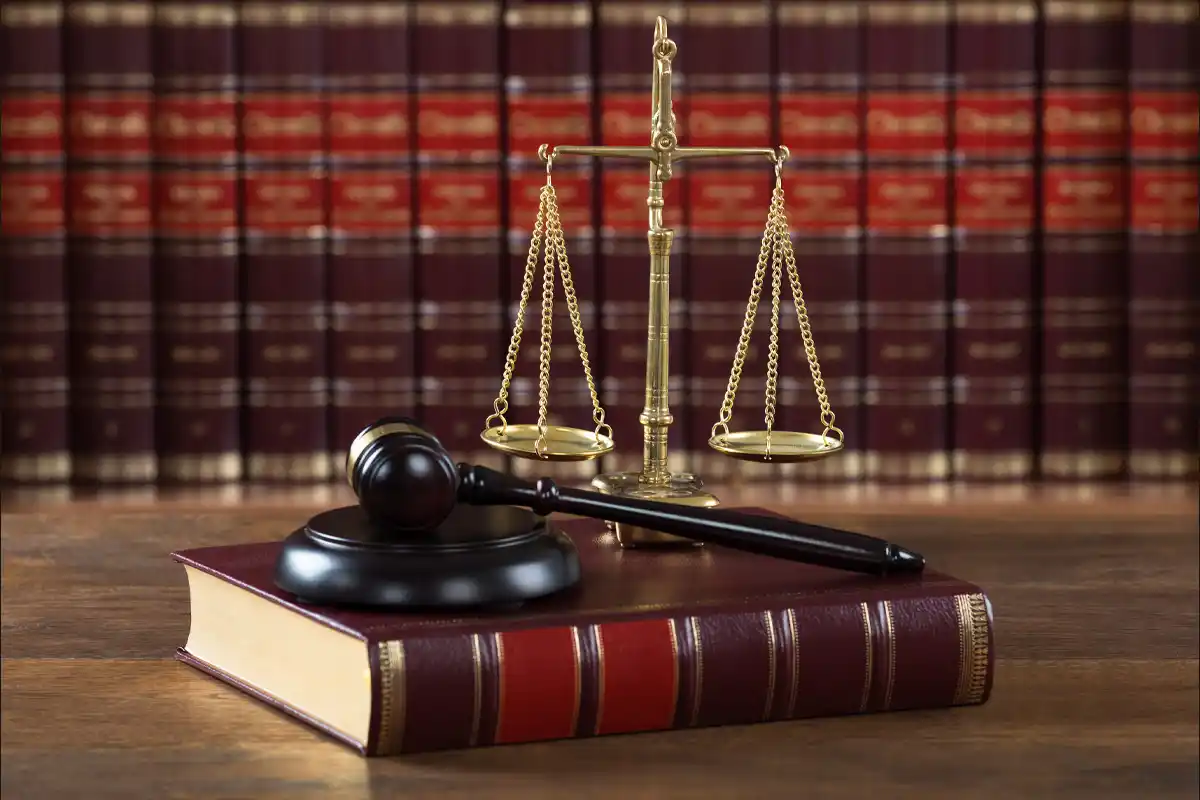
DUI Administrative Hearing Lawyer | Orlando & Central Florida
Criminal Defense Attorney, Mary. M. Ibrahim proudly provides DUI Defense legal services throughout Central Florida, including, Orange County, Osceola County, and Seminole County and surrounding areas.

Call 407.255.6300 today to schedule a confidential consultation with DUI defense attorney, Mary M. Ibrahim.
A DUI arrest in Florida can be a disorienting and stressful experience. Beyond the criminal charges, you also face administrative penalties from the Department of Highway Safety and Motor Vehicles (DHSMV), including license suspension. Understanding your rights and options regarding administrative hearings and hardship licenses is crucial. The Law Offices of Mary M. Ibrahim, P.A., serving Orlando, Orange County, and Central Florida, can help you navigate this process.
DUI Administrative Suspension: What You Need to Know
Following a DUI arrest, the arresting officer will typically seize your driver's license and issue you a temporary permit. The DHSMV will then automatically suspend your driving privileges, even before your criminal case is resolved. This suspension is separate from any penalties imposed by the court if you are convicted of DUI.
The 10-Day Rule: Act Fast!
You have only 10 days from the date of your DUI arrest to request a formal administrative hearing with the DHSMV to contest the license suspension. This 10-day deadline is critical. If you fail to request a hearing within this timeframe, your license will be automatically suspended.
What Happens at the Administrative Hearing?
The administrative hearing is conducted by a hearing officer, not a judge. The purpose of the hearing is to determine whether the DHSMV had sufficient cause to suspend your license. The hearing officer will consider evidence such as the arresting officer's report, breath or blood test results (if any), and your testimony.
Potential Outcomes of the Administrative Hearing
- Reinstatement of Driving Privileges: If the hearing officer finds that the DHSMV did not have sufficient cause to suspend your license, your driving privileges will be reinstated.
- License Suspension Upheld: If the hearing officer finds that the DHSMV had sufficient cause, your license suspension will be upheld.
Hardship Driving Privileges
Even if your license is suspended administratively, you may be eligible for a hardship license, allowing you to drive for limited purposes, such as work, school, or medical appointments. To obtain a hardship license, you must typically enroll in DUI school and meet other requirements. You can apply for a hardship license at the same time you request a formal hearing or after the hearing has concluded.
The Importance of Legal Representation in DUI Administrative Hearings
Navigating the administrative hearing process and applying for a hardship license can be complex. An experienced DUI attorney can:
- Ensure that you meet the 10-day deadline for requesting a hearing.
- Represent you at the administrative hearing and challenge the evidence against you.
- Help you gather the necessary documentation for a hardship license application.
- Advocate for your driving privileges and work to minimize the impact of the suspension.
Attorney Mary M. Ibrahim understands the intricacies of DUI law and the administrative hearing process. She can provide you with the legal guidance and representation you need to protect your driving privileges. Don't wait until it's too late. Contact The Law Offices of Mary M. Ibrahim, P.A., today for a confidential consultation.
Call 407.255.6300 today to schedule a confidential consultation with DUI defense lawyer, Mary M. Ibrahim.
About Felony Crimes

In Florida, a felony is a serious criminal offense punishable by more than one year in state prison, up to life imprisonment, or even death. Felonies are categorized into degrees, with varying levels of severity and corresponding penalties. The most serious are capital felonies, punishable by death or life imprisonment, followed by life felonies, which carry a life sentence.
In Florida, a felony is a serious criminal offense punishable by more than one year in state prison, up to life imprisonment, or even death. Felonies are categorized into degrees, with varying levels of severity and corresponding penalties. The most serious are capital felonies, punishable by death or life imprisonment, followed by life felonies, which carry a life sentence. Third-degree felonies are the least severe, with a maximum of five years in prison and a $5,000 fine. Second-degree felonies are more serious, punishable by up to 15 years in prison and a $10,000 fine. First-degree felonies carry the most substantial penalties, with up to 30 years in prison and a $10,000 fine, although some first-degree felonies have even harsher penalties.
Beyond imprisonment and fines, a felony conviction in Florida can have lasting consequences, impacting an individual's rights and opportunities. These can include restrictions on voting, firearm ownership, jury service, and certain professions. It's crucial to understand the potential ramifications of felony charges and seek experienced legal counsel. The specific penalties and classifications can be complex, so consulting with a qualified attorney is essential for anyone facing felony accusations.
About Felony Crimes

In Florida, a felony is a serious criminal offense punishable by more than one year in state prison, up to life imprisonment, or even death. Felonies are categorized into degrees, with varying levels of severity and corresponding penalties. The most serious are capital felonies, punishable by death or life imprisonment, followed by life felonies, which carry a life sentence.
In Florida, a felony is a serious criminal offense punishable by more than one year in state prison, up to life imprisonment, or even death. Felonies are categorized into degrees, with varying levels of severity and corresponding penalties. The most serious are capital felonies, punishable by death or life imprisonment, followed by life felonies, which carry a life sentence. Third-degree felonies are the least severe, with a maximum of five years in prison and a $5,000 fine. Second-degree felonies are more serious, punishable by up to 15 years in prison and a $10,000 fine. First-degree felonies carry the most substantial penalties, with up to 30 years in prison and a $10,000 fine, although some first-degree felonies have even harsher penalties.
Beyond imprisonment and fines, a felony conviction in Florida can have lasting consequences, impacting an individual's rights and opportunities. These can include restrictions on voting, firearm ownership, jury service, and certain professions. It's crucial to understand the potential ramifications of felony charges and seek experienced legal counsel. The specific penalties and classifications can be complex, so consulting with a qualified attorney is essential for anyone facing felony accusations.
About Misdemeanor Crimes

In Florida, a misdemeanor is a criminal offense less serious than a felony, generally punishable by fines, probation, and up to one year in a county jail. Misdemeanors are categorized into two degrees: first-degree and second-degree.
A first-degree misdemeanor is the more serious of the two, carrying a maximum penalty of one year in jail and a $1,000 fine. Examples include battery, petit theft (first offense), and driving under the influence (DUI) – first offense. Second-degree misdemeanors are less severe, with a maximum of 60 days in jail and a $500 fine. These can include offenses like simple assault, disorderly conduct, and certain traffic violations.
While misdemeanors don't carry the same severe penalties as felonies, a conviction can still have negative consequences. A criminal record, even for a misdemeanor, can impact employment opportunities, housing, and other aspects of life. It's important to take any misdemeanor charge seriously and understand the potential ramifications. Although the penalties are less severe than felonies, legal representation is still crucial to protect your rights and minimize the impact of a conviction. Consulting with a qualified attorney is recommended if you are facing misdemeanor charges in Florida.
